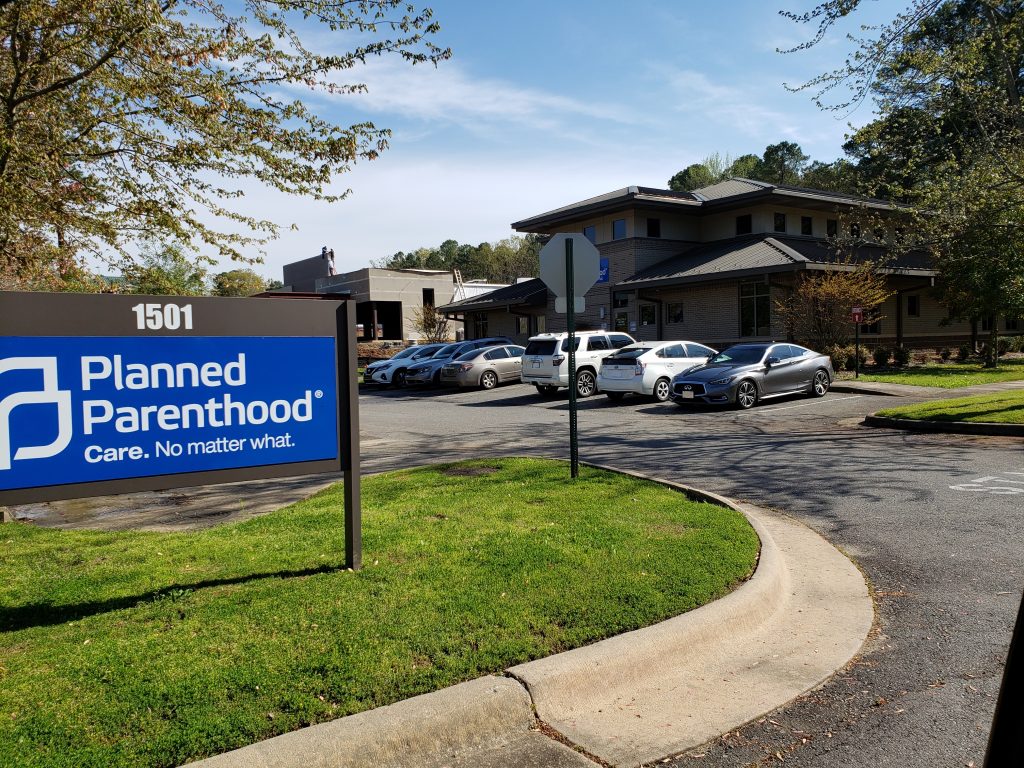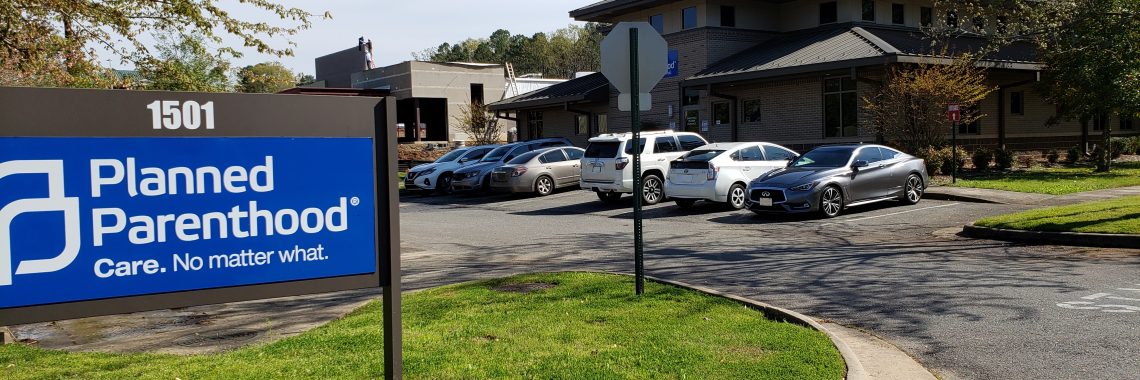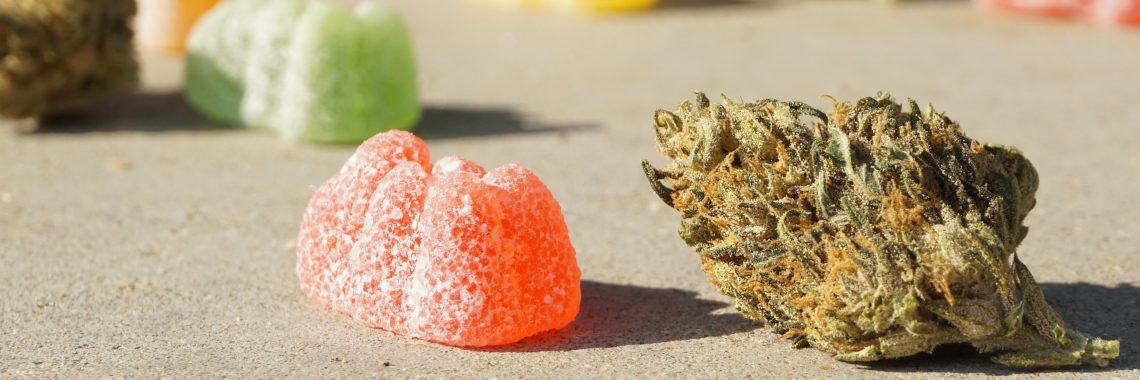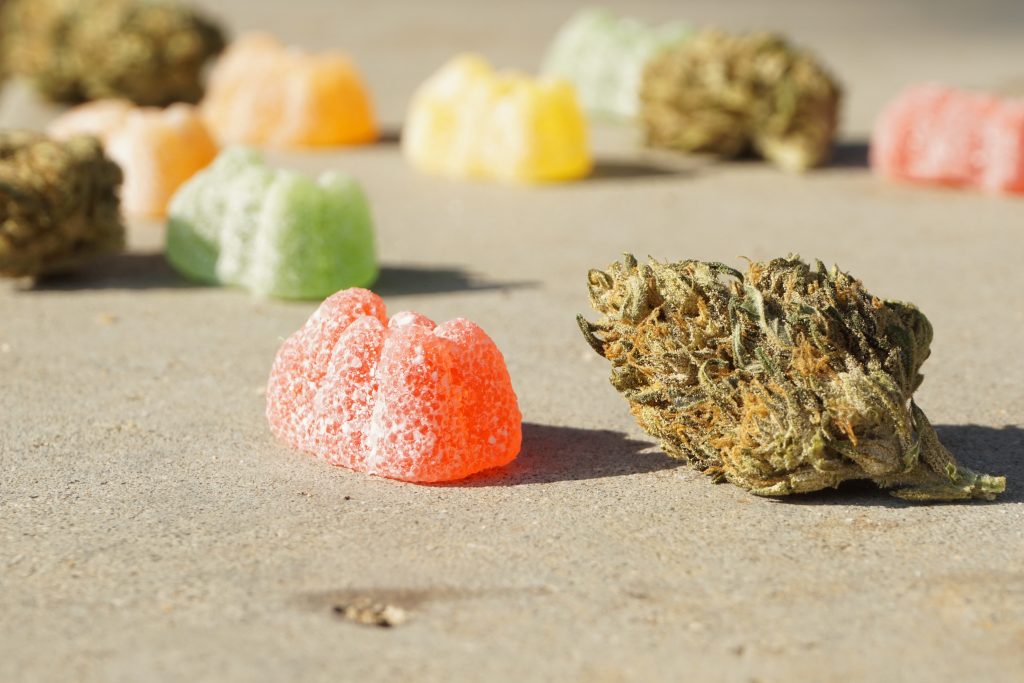Planned Parenthood’s PAC Shows Little Activity For Now

On Tuesday Planned Parenthood Great Plains Votes Arkansas — the political action committee for Planned Parenthood in Arkansas — filed a quarterly report showing no political activity in Arkansas during October, November, and December of 2021.
Planned Parenthood’s previous quarterly reports for 2021 showed no activity as well.
Political action committees donate money to candidates and political causes.
In 2020 Planned Parenthood Federation announced it would spend at least $45 million in an effort to unseat pro-life lawmakers and elect candidates who support abortion.
As part of that plan, the group used its PAC in Arkansas to support candidates for state and federal office.
Four of the candidates Planned Parenthood endorsed — Rep. Denise Ennet (D – Little Rock), Rep. Tippi McCullough (D – Little Rock), Sen. Clarke Tucker (D – Little Rock), and Rep. David Whitaker (D – Fayetteville) — won their elections.
Right now Planned Parenthood Great Plains Votes Arkansas has a little over $15,000 at its disposal to use in the upcoming 2022 elections. Obviously, that could change if Planned Parenthood Federation decides it wants to divert more resources toward electioneering in Arkansas.
Planned Parenthood is the nation’s largest abortion provider, and the group currently operates two facilities in Arkansas.
Planned Parenthood’s facility in Little Rock performs chemical abortions. Its facility in Rogers provides abortion referrals.
Planned Parenthood also lobbies against pro-life legislation at the Arkansas Capitol, and last fall it unveiled a three-pronged strategy for opposing a Texas-style “heartbeat” law in Arkansas.
Despite significant, pro-life victories, Planned Parenthood remains active in Arkansas, and its political action committee could show more activity as the spring primary elections approach.




